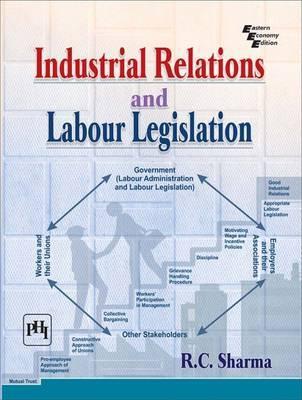Annotation
This textbook, organised into two parts and comprising 20 chapters, maintains the fundamental concepts of industrial relations and labour legislation in a chronological order. The text apprises the reader with the intricacies of the various concepts, theories, tools and techniques, approaches, methods, legislations and interventions and other concerned mechanisms that are relevant to the maintenance of good industrial relations. While the beginning and middle chapters are based on anatomy of industrial relations, viz. various concepts and approaches to IR, industrial disputes, collective bargaining, trade unions, workers’ participation in management, discipline, grievance handling procedure, wage fixation, technological changes, industrial safety, health and hygiene, workers’ education, quality circles, structuring of jobs, fringe benefits, labour policy of the Government of India, and so on, the remaining chapters give an analysis of the issues pertaining to the ILO and its impact on Indian labour legislation, the machinery of labour administration in our country, labour reforms being undertaken since the NDA Government came in power, and labour legislation, including protective and employment legislation, regulatory legislation and social security legislation.
The book is intended for the postgraduate students of industrial relations and labour legislation/human resource management/personnel management and industrial relations/business economics/social work/human resource and organisation development/personnel management/public administration and also for the students pursuing postgraduate diploma courses in labour laws, labour welfare and personnel management/labour law and administrative law/personnel management and industrial relations/human resource and management. It is also of immense use to the students opting for executive programme in ‘industrial, labour and general law’ (offered by ICSI), and similar courses at undergraduate and diploma level.
